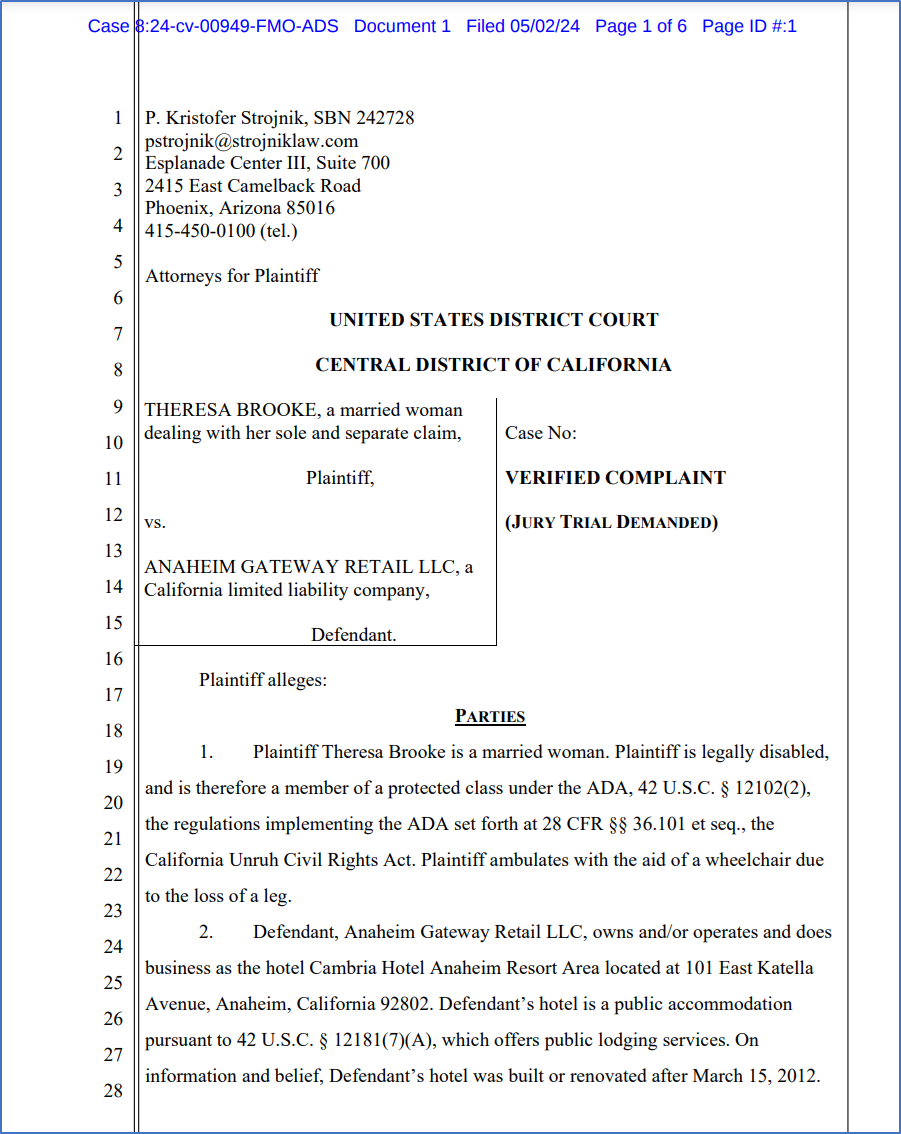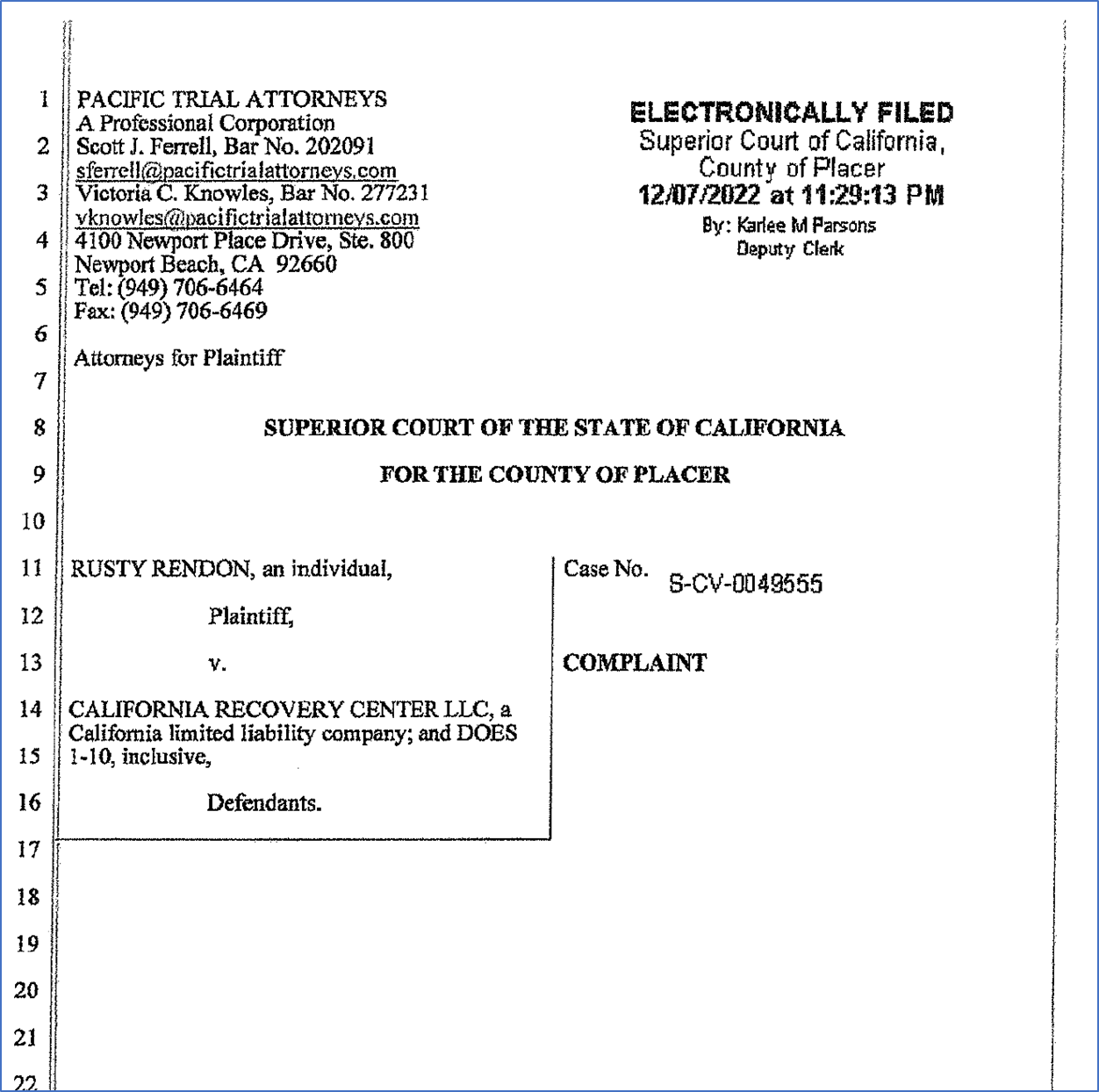
When facing a lawsuit under The California Unruh Civil Rights Act or Title III of the Americans with Disabilities Act (ADA), businesses and property owners should be aware of potential legal defenses that may be available to them. The law mandates that public accommodations (i.e., most businesses open to the public) be accessible to individuals with disabilities. Violations can lead to costly lawsuits and legal battles. However, there are many available defenses that defendants can raise to win lawsuits or mitigate liability. Here are a few of the most common legal defenses to consider (although there are others that you should discuss with your attorney):
- No Ownership, Operation or Control (Incorrect Party)
First, businesses and landlords are often incorrectly named in accessibility lawsuits. However, a business or landlord cannot be liable for property or website conditions that it does not own, operate or control. For example, a tenant cannot be held liable for areas of a parking lot that it does not lease and cannot legally alter. This often occurs in large shopping centers. JMBM was responsible for setting precedent in this area at the 9th Circuit Court of Appeal in the case Kohler v. Bed Bath & Beyond of California, LLC (2015) 780 F.3d 1260 (Case No. 12-56520). You must first determine if the correct party was named in the lawsuit.
- Compliance or Equivalent Facilitation
Sometimes plaintiffs file lawsuits alleging that there are “barriers to access” (i.e., violations) that do not exist. For example, businesses open to the public are generally required to provide an accessible entrance. But not every entrance needs to be accessible. A plaintiff might allege that the property lacks an accessible entrance not realizing one exists on the other side of the building. Certain serial Unruh plaintiffs now often file lawsuits alleging that a website is inaccessible to them as blind users. They or their counsel use automated testing tools, such as the WAVE Tool or Axe, to test the website for accessibility compliance. However, these tools are notorious for producing false positives – apparent violations that are not actual barriers and don’t violate the law. Therefore, it is important to assess the merits of the claims. There are many detailed, technical rules regarding the dimensions, slope, position, color, contrast and other aspects of accessible facilities. Thus, it is crucial to be familiar with the ADA standards and relevant rules in this area before making a determination about liability.
 ADA Compliance and Defense Blog
ADA Compliance and Defense Blog





 Recently, JMBM
Recently, JMBM